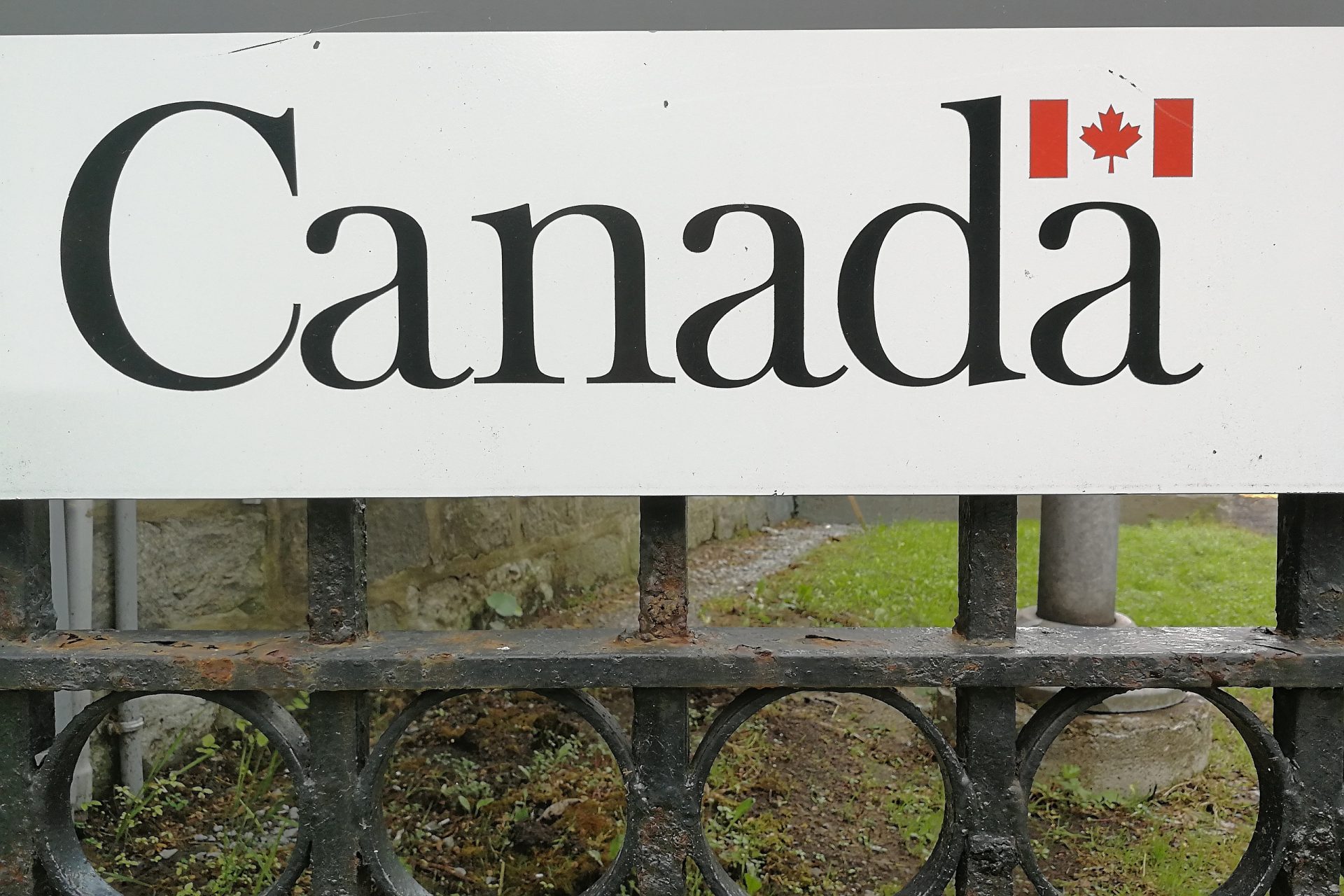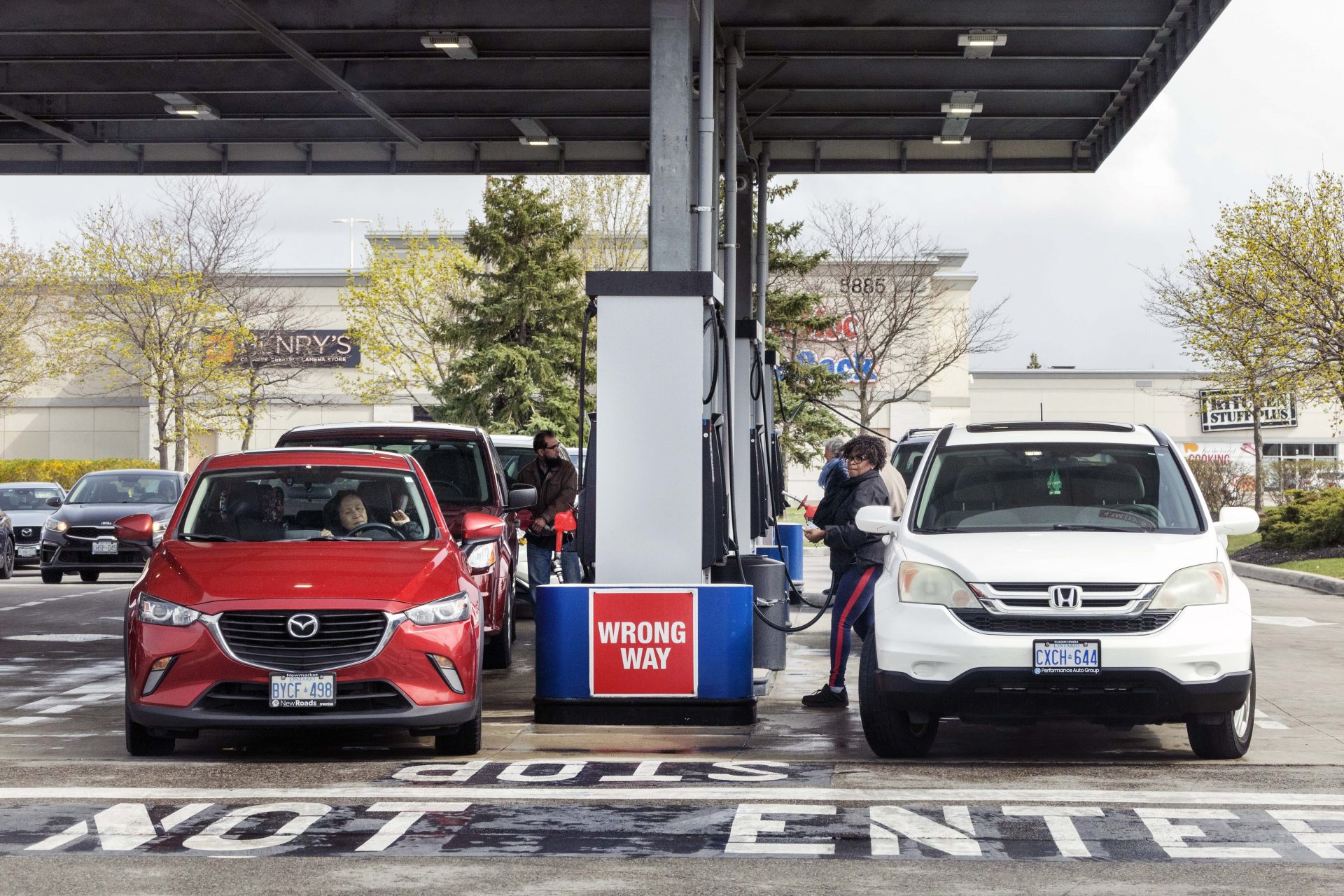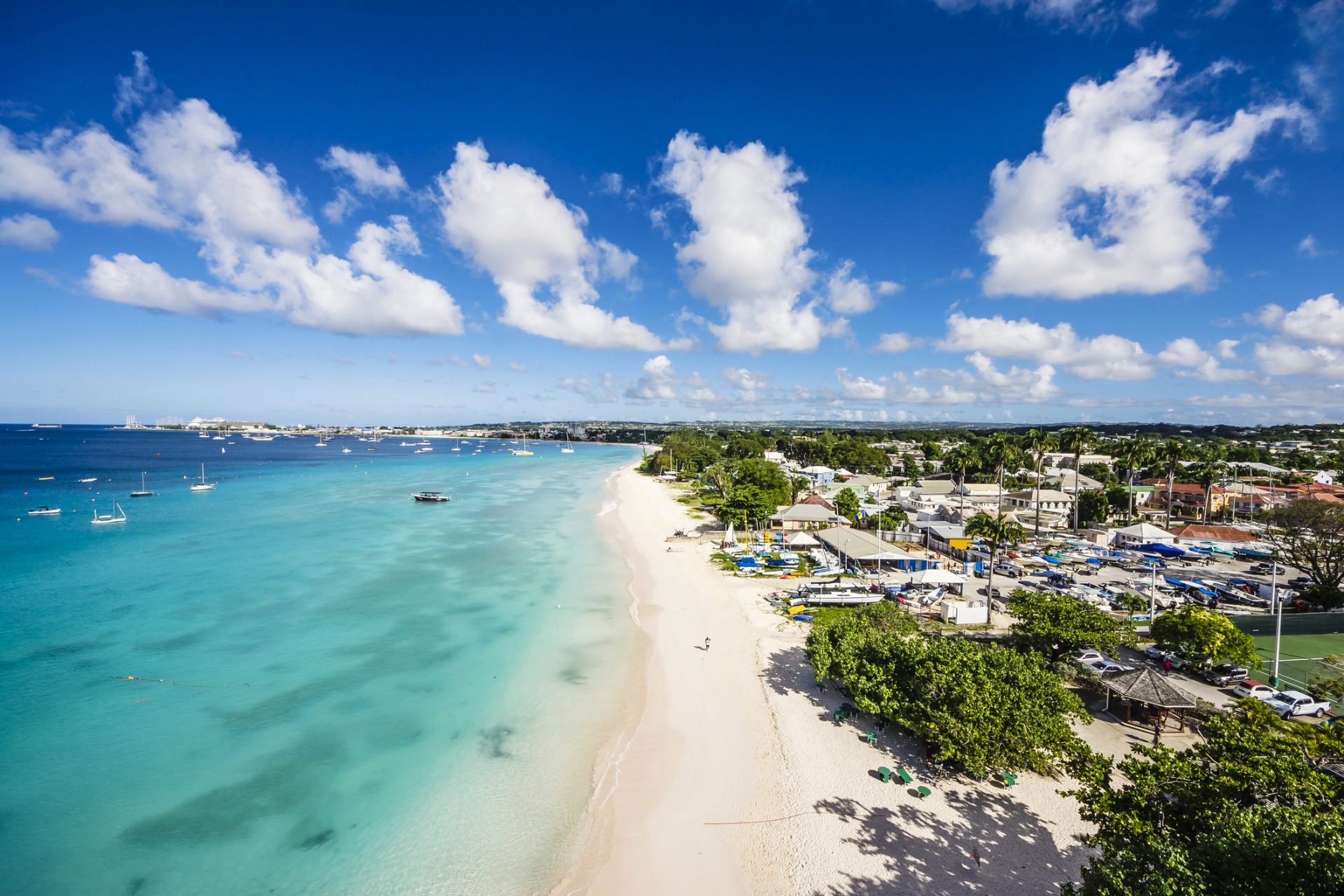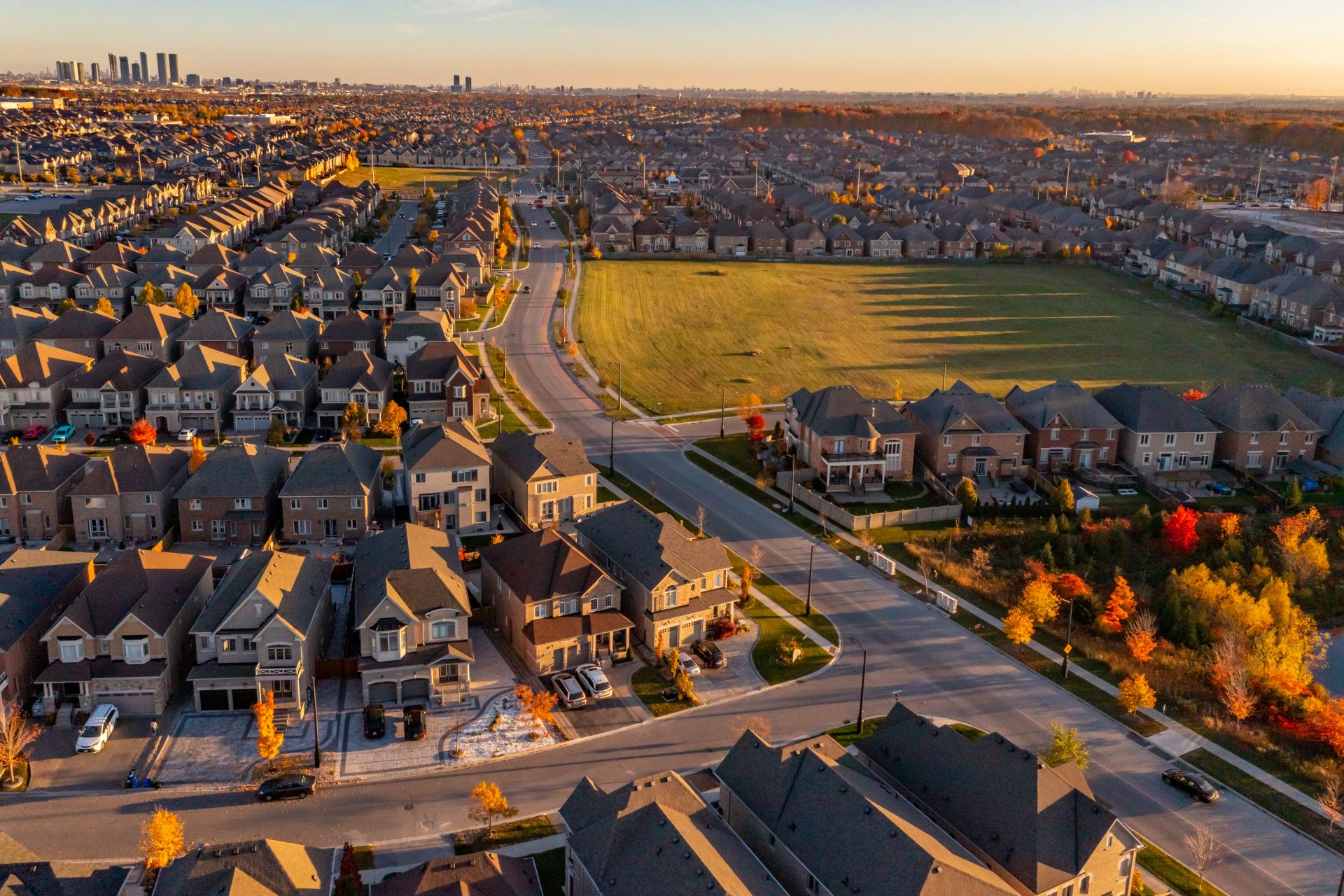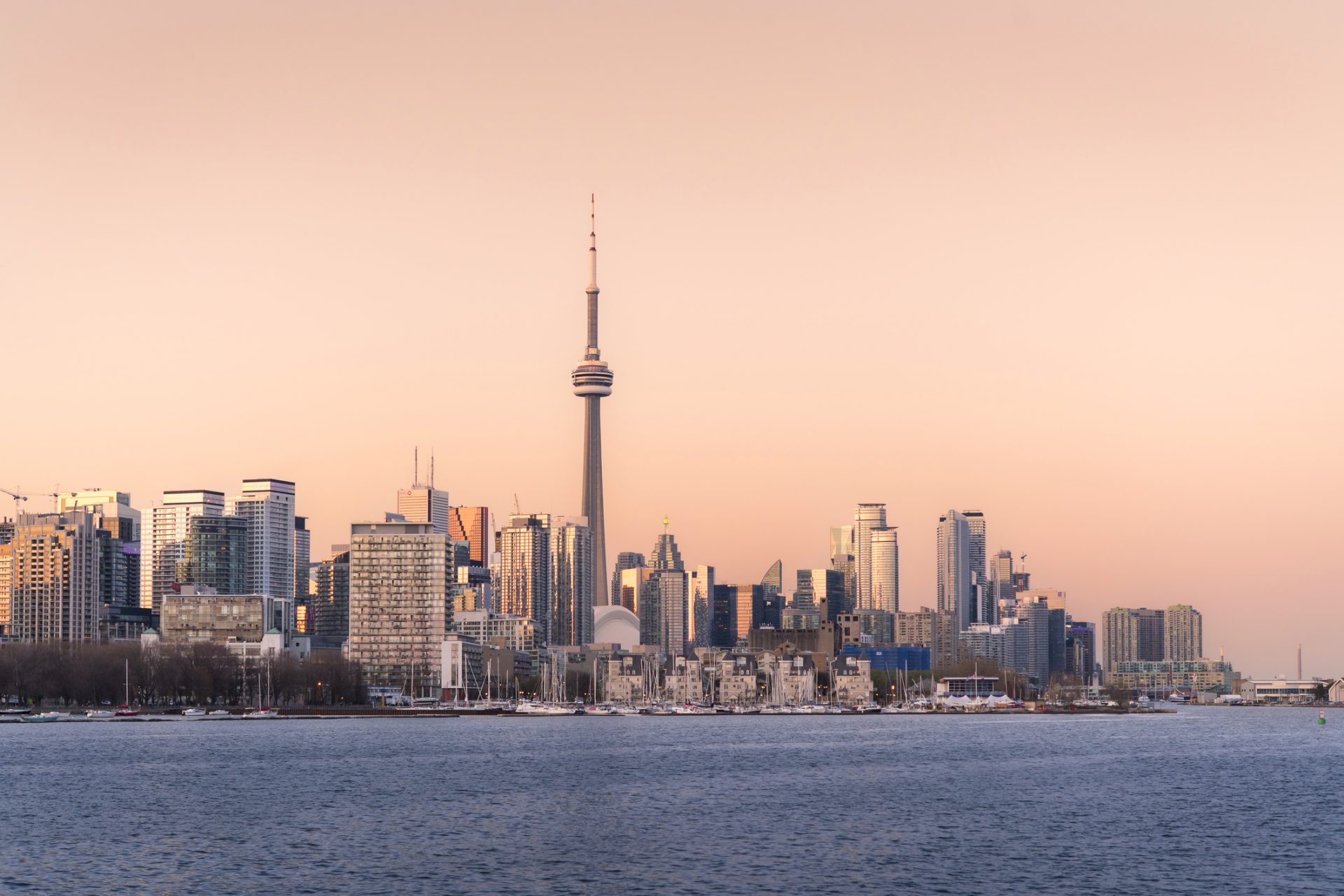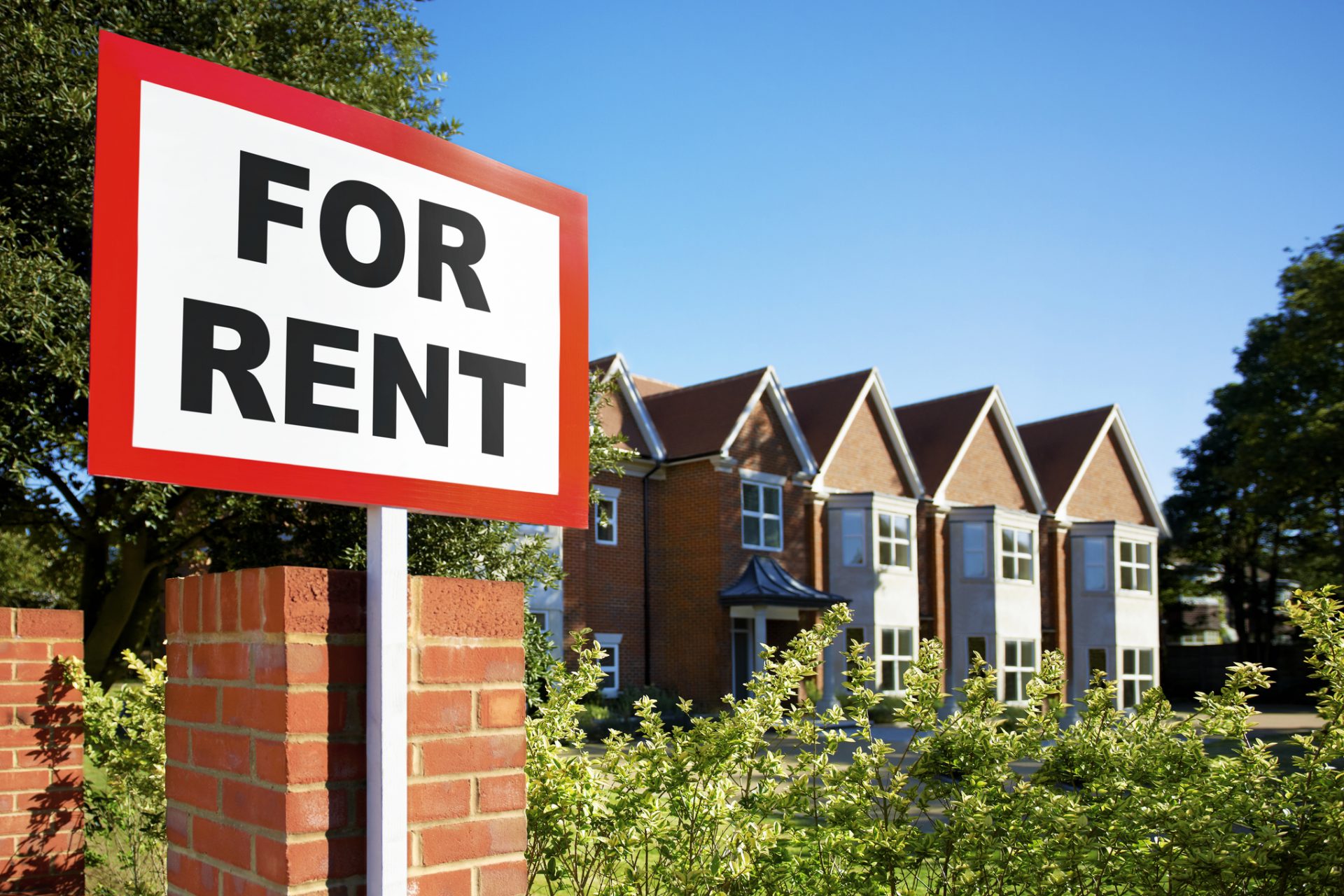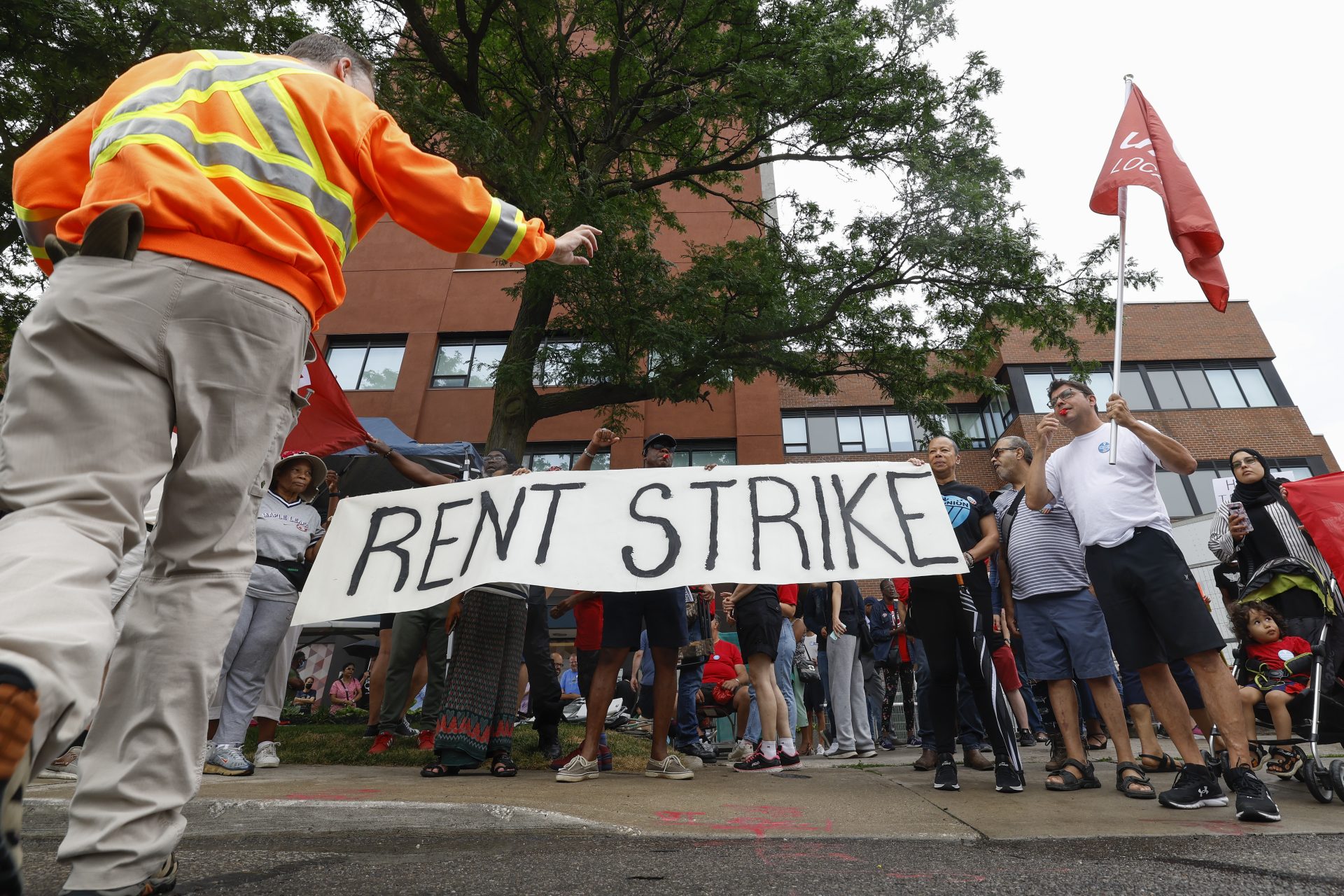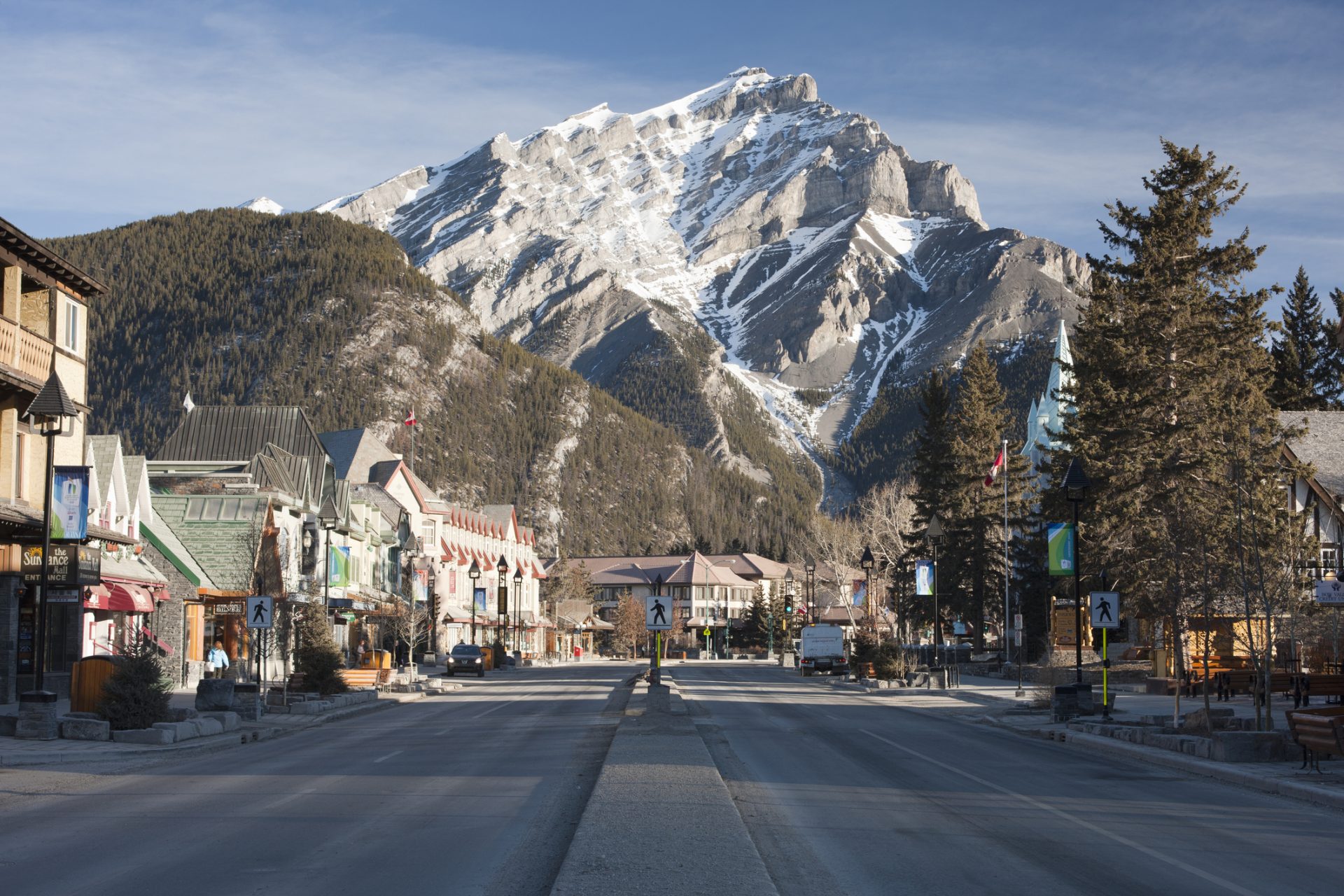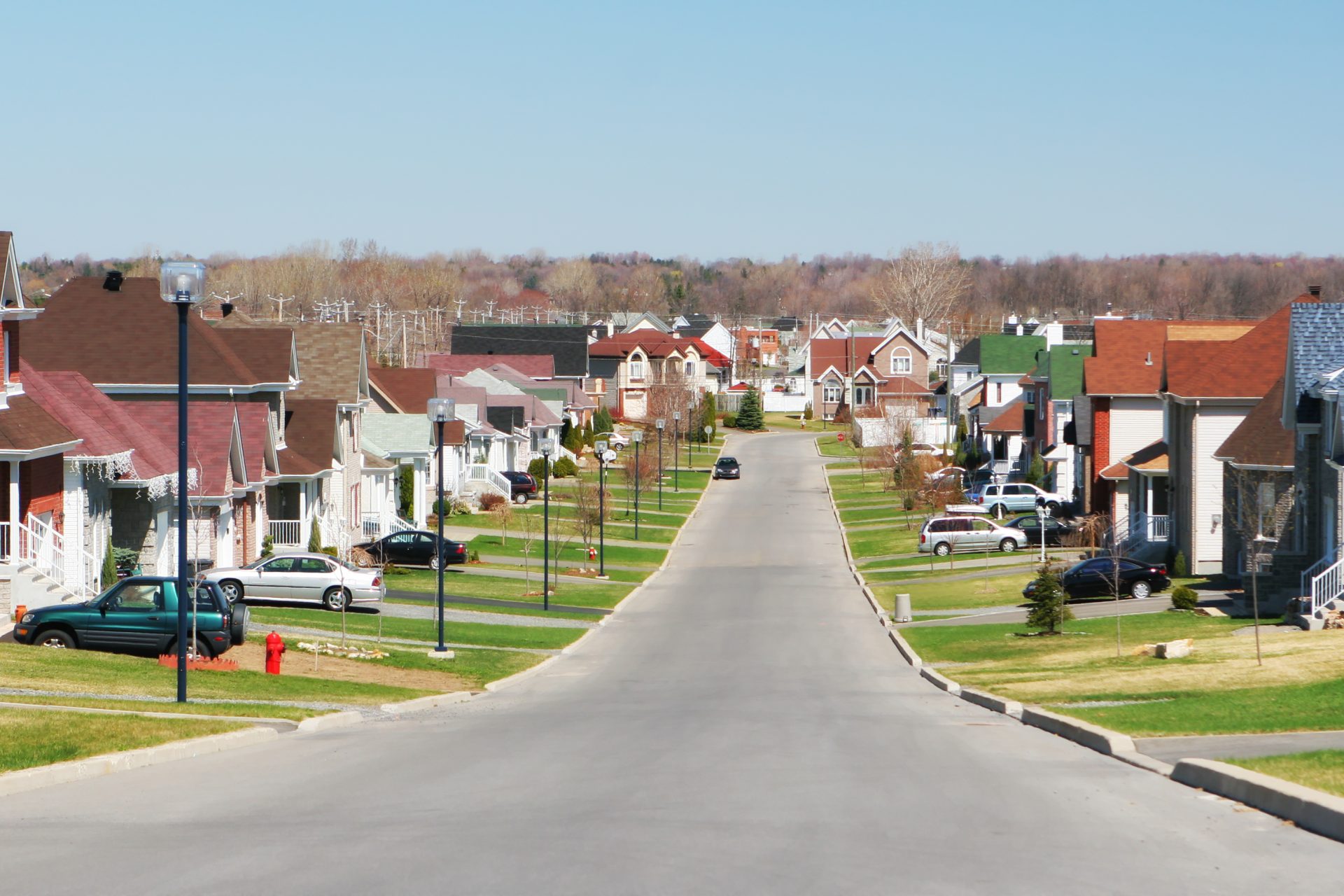Fed-up Canadians are leaving the country over its high cost of living
Life in Canada has gotten expensive and the cost of living has risen dramatically since the world was hit with the dual crises of Covid-19 and the Russian invasion of Ukraine. But things have gotten so bad it's forcing some to look for greener pastures.
Recent interest rate hikes have helped drive inflation in Canada down to its lowest point in years according to Statistics Canada. June saw the 12-month change in the country’s Consumer Price Index reach 2.8% but Canadians still face significant financial problems.
While gasoline prices may have helped reduce inflation in the country, Canadians are still suffering from record-high grocery prices and skyrocketing mortgage costs. It is no surprise then that lots of people are struggling and some have even decided to relocate.
“The fundamentals of why we’re paying so much for stuff doesn’t make sense,” Roland Cameron told CTV News in a telephone interview.
Cameron is a 48-year-old business owner in Hamilton who explained he and his wife made the decision to leave Canada permanently in search of a place where they didn’t have to deal with the high cost of living they faced back at home, landing ultimately in Barbados.
“We would always come up with more income, but new costs would pop up,” Cameron said in his interview with CTV News. “I’m done with Canada,” the 48-year-old added, and he isn’t alone.
There’s a growing number of people in the country who think it would be easier to leave Canada rather than deal with the nation’s steadily declining standard of living.
Real-time demographic data on the country’s population from Statistics Canada shows that at least one person leaves the country roughly every twenty minutes, and while it may not seem like a lot, those leaving are often some of the country’s most prosperous.
It's understandable that some people may feel as if they can’t get ahead in a country where the average for everyday essentials has risen to a point where even the nation’s highest-paid income earners can’t afford to live on their own.
The average national cost of a home in June reached $709,218 based on figures from the Canadian Real Estate Association (CREA), which noted that the national average was up 6.7% from the previous year’s numbers.
This number was heavily affected by the Vancouver and Greater Toronto Area markets but that only accounted for an additional $130,000 against the national average, which would mean if those markets were excluded the average house would cost roughly $579,218.
Rent is just as unaffordable as purchasing a home and Rentals.ca noted in a July report on the cost to rent in Canada that the average price for a two-bedroom rental had risen to $2042.00 per month, a number that it noted increased 20% over the last two years.
The cost to buy a car in Canada has also risen to record highs with the average cost of a new vehicle reaching $66,288 in June according to Auto Traders Price Index Report for New Vehicles which was quoted by a separate CTV News report. The average used vehicle price was pegged at a whopping $39,645.
However, it isn’t just big-ticket items that are costing Canadians an arm and a leg. Little things like a hotdog in a restaurant are so highly-priced they’ve become unaffordable to the masses who can’t pay what businesses are asking.
“I was in Banff and a little restaurant by the lake wanted $17 for a hotdog,” said Steve Thurrott to CTV News. Thurrott moved to Cambodia to escape the high cost of living in Canada and recently returned for a visit after three years abroad and was shocked by the cost of everyday day items.
“I just don’t understand how people survive here,” Thurrott explained, who now lives on a military and disability pension, the income of which he told CTV News was barely enough to help him in Canada but went a long way abroad where costs were “far more affordable.”
More for you
Top Stories



